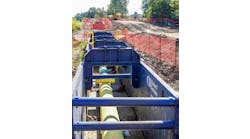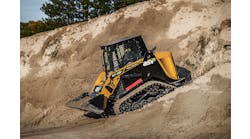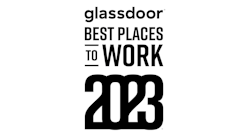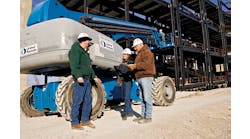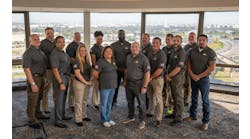SACRAMENTO, Calif. — The California Air Resources Board adopted a regulation aimed at reducing toxic and cancer-causing diesel emissions from the state's estimated 180,000 off-road vehicles used in construction, mining, airport ground support and other industries.
CARB claims the measure will reduce emissions by installation of diesel soot filters and encouraging the replacement of older, dirtier engines with newer emission-controlling models. By 2020, diesel particulate matter will be reduced by 74 percent and smog-forming oxides of nitrogen by 32 percent compared to what emissions would be without the regulation, the regulatory board said.
The new rule includes a provision allowing areas currently unable to achieve clean air standards set by the Environmental Protection Agency for particulate matter to opt in to stricter regional requirements if incentive funds are made available. Los Angeles' South Coast Air Quality Management District and the San Joaquin Valley Air Pollution Control District govern what are considered non-attainment areas.
Requirements and deadlines vary depending on fleet size. For small fleets, with a combined horsepower of 2,500 or less, implementation begins 2015. Medium fleets — 2,501 to 5,000 horsepower — have until 2013, while larger fleets of more than 5,000 horsepower must begin compliance in 2010. Equipment includes bulldozers, loaders, backhoes and forklifts, among others.
CARB estimates the regulations will cost the industry up to $3.5 billion. It contends that construction equipment and other off-road vehicles are California's second-largest source of diesel-generated particulate pollution, surpassed by trucks and buses. Construction and rental companies consider the bill too costly to implement, and contend that in many cases replacement technology is not yet available.
“With just a few changes, [CARB] had an opportunity to make this a win-win for California's environment and economy,” said Mike Lewis, chairman of the Coalition to Build a Cleaner California and executive vice president of the Construction Industry Air Quality Coalition. “Instead they adopted a rule that is not viable in the real world.”
Lewis added that the legislation will cause significant job loss and threaten the survival of many businesses.
